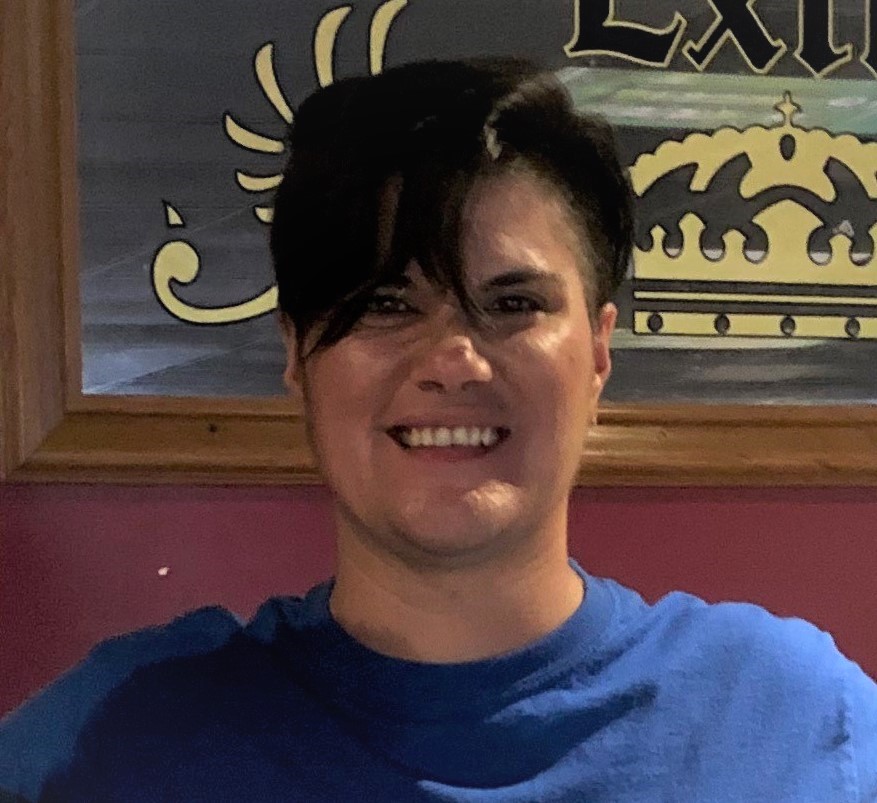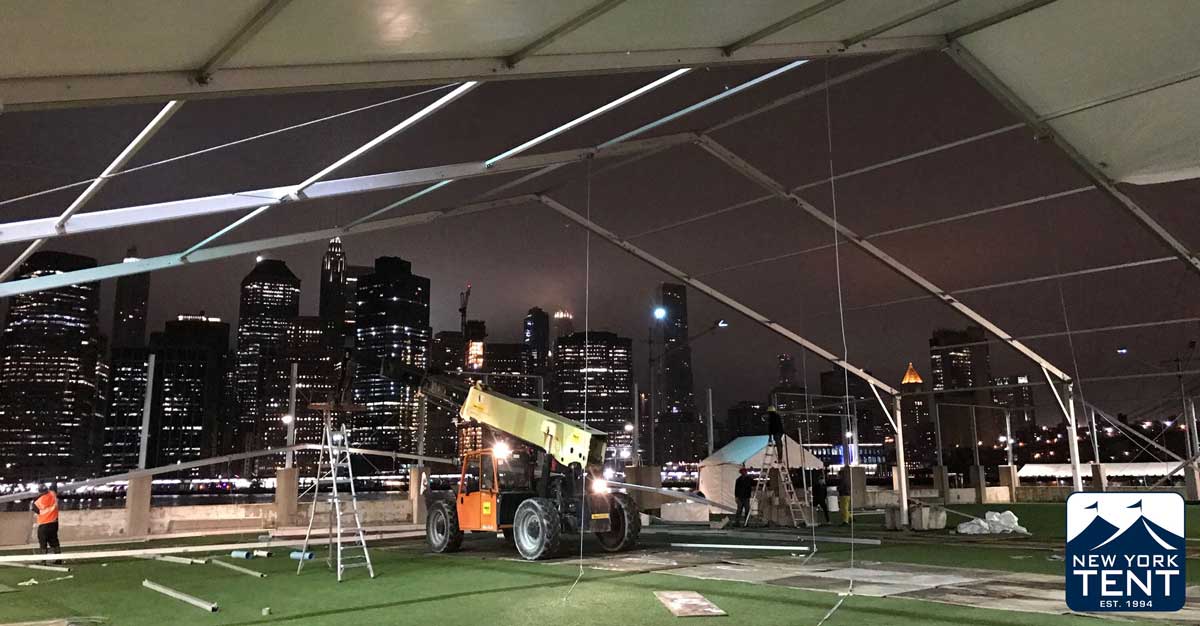Four Lessons I Learned About Building Great Tent Crews
Take a look at what Saroj Bains, an executive at Event Labor Works – one of North America’s premier event labor companies – has learned about building top-notch tent crews.

Tent installation crews are a crazy quilt of personalities, capabilities and potential. That is why it’s no easy task to organize a crew of diverse individuals into a coherent, strong organization that can put up tents quickly and efficiently.
What’s the best way to build your best crew? Saroj Bains is required to answer this question nearly every day as General Manager of Montreal’s Event Labor Works (ELW), one of a small number of premier work force providers working exclusively with tent and event sector installation crews across the US, Canada and sometimes beyond.*
Saroj is a ten-year ELW veteran known throughout the tent and event industry. She works closely with event company clients large and small get them through installs as efficiently and smoothly as possible. Crack teams of deeply-qualified ELW tent pros, lead by senior crew leads, are dispatched to jobs from regional bases in several Canadian and US cities.

Lessons learned. Every client call presents a new challenge, but the lessons ELW has learned in working with crews of all stripes apply nicely to all tent and event companies, large and small. Here are four of them:
ONE: Treat your crew as a team, not as a family
“We’re like everybody else in that we have the same issues attracting and keeping labor,” Saroj says. “Working like a sports team, rather than a family, we get a lot done. We have coaches, lead players and people who come off the bench. We view people as our biggest asset. And in a team environment, people really do want to give and contribute.
“Not every day is perfect, but we’re all in it to help everybody else. We like clients who feel we are part of their team, and we do our best to integrate closely with them. We go in unbranded,” Saroj explains, “and we try to limit any concern the crew has that we’re potentially taking their jobs. If the tent company’s crew is successful, we’re successful too.”
TWO: Acquire all the tools you need, people-wise
All event jobs require a variety of skill sets, Saroj points out, so it’s important to come prepared with the right people for the job. “It’s like having a tool box with a hammer, screwdriver, and a wrench. You wouldn’t pick up a screwdriver to wack in a nail, or grab a hammer to screw in a bolt,” she explains.
“Our crew chiefs are really good at understanding who is fit for what. They’ll ask: ‘Is this person detail oriented?’ ‘Are these people team oriented?’ ‘Are there some who prefer to work alone?’ And we go from there.”
Even people without specialized skills can be assets on a well-run team, Saroj maintains. “Day laborers may not necessarily have an aptitude for anything in particular, but there’s always a good job for willing workers. You may have to tell them every task, but as long as they want to be there, they will have a role to play.”
THREE: You’re only as good as the least member of your crew
“We take a team approach, because in a team everybody is only as good as their weakest link, so we really look after each other. You can put people to work more effectively when they know what your expectations are. And we know people are not fixed in one position. We recognize that they’re changeable, dynamic beings, and it’s all about trying to understand the best way to use people. I don’t complain about labor, because labor is the reason you come up with good ideas, the reason you get jobs done and the reason you can innovate,” she says.
Finding the best way for people at all levels to shine is really important, she continues. “Learning peoples’ names, even for one-time day laborers, is really important. They respond differently to calling them by name than by calling ‘Hey buddy.’”
FOUR: It’s all about being flexible
Saroj points out that ELW wouldn’t be a successful labor service operation if it operated like a big, inflexible vendor. “For us to be successful, we can’t say, ‘I need seven days notice’ when a client calls. Even if a client has had a job on their books for months, they may not have known they would need more help to do the job. We are often the last people called, so we come in with an event industry attitude, integrating with the crew and working to get the job done.”
* Clients call on ELW when they encounter more work than their own crews can handle, doing primarily clearspan jobs for clients for anything from a high-profile international motor race, to a large permanent tent hangers for armed forces, or structures for sporting events and any number of smaller, but no less important events including national product tours. Lead times can range from months to hours. Their rates are the same, regardless. www.eventlaborworks.com
